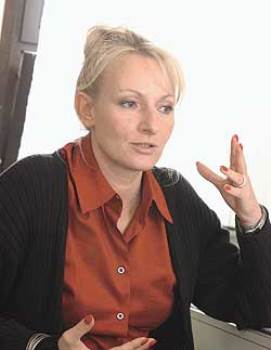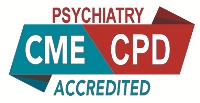
Karin Sernec
University Psychiatric Clinic Ljubljana, Slovenia
Title: Assessment & treatment of eating disorders
Biography
Biography: Karin Sernec
Abstract
Until recently, eating disorders were a group of chronic mental disorders known only to a limited circle of professionals. Today, eating disorders are recognized as a significant contemporary medical problem in our society, even a public health issue. The etiological background of eating disorders is comprised of three major segments: Biological/genetic factors, socio-cultural factors and family environment. In most cases, there is a considerable overlap between these three. Eating disorders constitute: Anorexia nervosa, bulimia nervosa, binge eating disorder and recently emerged entities (orthorexia and bigorexia nervosa). Contrary to popular belief, eating disorders affect persons of all ages, genders and economic backgrounds. A key factor in successful outcome of an eating disorder is the patient’s own motivation for treatment. One of the most successful treatment approaches is psychotherapy, especially cognitive-behavioral, developmental-analytic and family psychotherapy. Pharmacotherapy is indicated in cases of comorbidity and is used as needed. The first line of treatment is on an outpatient basis. If that proves insufficient, an inpatient psychotherapeutic treatment is indicated. Recovery is not merely an absence of specific eating disorder symptoms, it means adequate psychosocial functioning.

